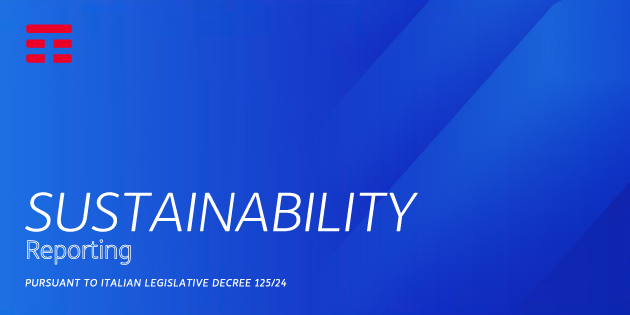For years we have struggled to associate sensors, drones and real time data processing with one of the more traditional sectors of our economy: agriculture. In just a short time everything has changed. The leading companies of our agri-food production have demonstrated that tradition can easily be combined with innovation, creating value. This is the case of the Voerzio Martini Wine Cellar, which in its over 12 hectares of vineyards produces some of the best wines of the Piedmont Langhe, and in particular Barolo, renewing the tradition of the original Gianni Voerzio wine cellar in La Morra (CN), established in 1939. Together with this historical agricultural company, TIM has starting tests that employ several technologies: from IoT solutions to the use of drones to acquire and detect crop data in real time, up to artificial intelligence. This is the first time for a vineyard in Italy.
Gathering and analysing data for matching quality and sustainability
Voerzio Martini's vineyard can be defined as “connected.” A large quantity of data is collected non-stop, be it data transmitted from fixed sensors installed directly among the rows or data from drones that collect information while on the move. The latter, in particular, are fitted with special cameras that can record different wave lengths from those of visible light and thereby reveal the plants’ states of suffering in advance, potentially indicating the imminent development of disease or parasites. This is the essence of “precision agriculture”: data analysis means the climatic and ground parameters can be kept under constant control, the state of health of the crops can be monitored, and the need to irrigate or supplement the nutrients in the ground can be determined, thereby eliminating the risk of wasting irrigation water or fertilisers.
Focusing on blockchain for origin certification
All the information is safeguarded and protected within TIM's blockchain platform. This means it can be certified, thereby ensuring its origin and security, giving it a sort of DOCG (Data of Certified and Guaranteed Origin) mark that cannot be changed over time. This is a crucial aspect for the correct application of the Farm to Fork strategy, one of the pillars of the European Green Deal, which aims to make the food production system in Europe sustainable over the entire production chain, from the field to the table, to strengthen its resilience and safety.
Accessing data and sending commands through a single cloud application.
All the data collected in the vineyards can be viewed thanks to an easy-to-use application that can be accessed through a web interface. The solution developed by TIM is in fact based on a cloud platform which offers a complete system of tools and information available from PCs, smartphones and tablets. Moreover, the application is set up to send implementation commands useful for automating processes (for example, irrigation, greenhouse covering, etc.) based on the parameters detected and to feed the data collected into innovative machine learning systems.
The testing in the Barolo vineyards is the first step in the TIM Smart Agriculture project. Together with the recent agreements signed with Coldiretti and Confagricoltura, this is evidence of the important effort TIM is making to overcome the digital divide in the country, starting with the territories and sectors that represent the true wealth of our economy.




.jpg)
.jpg)

